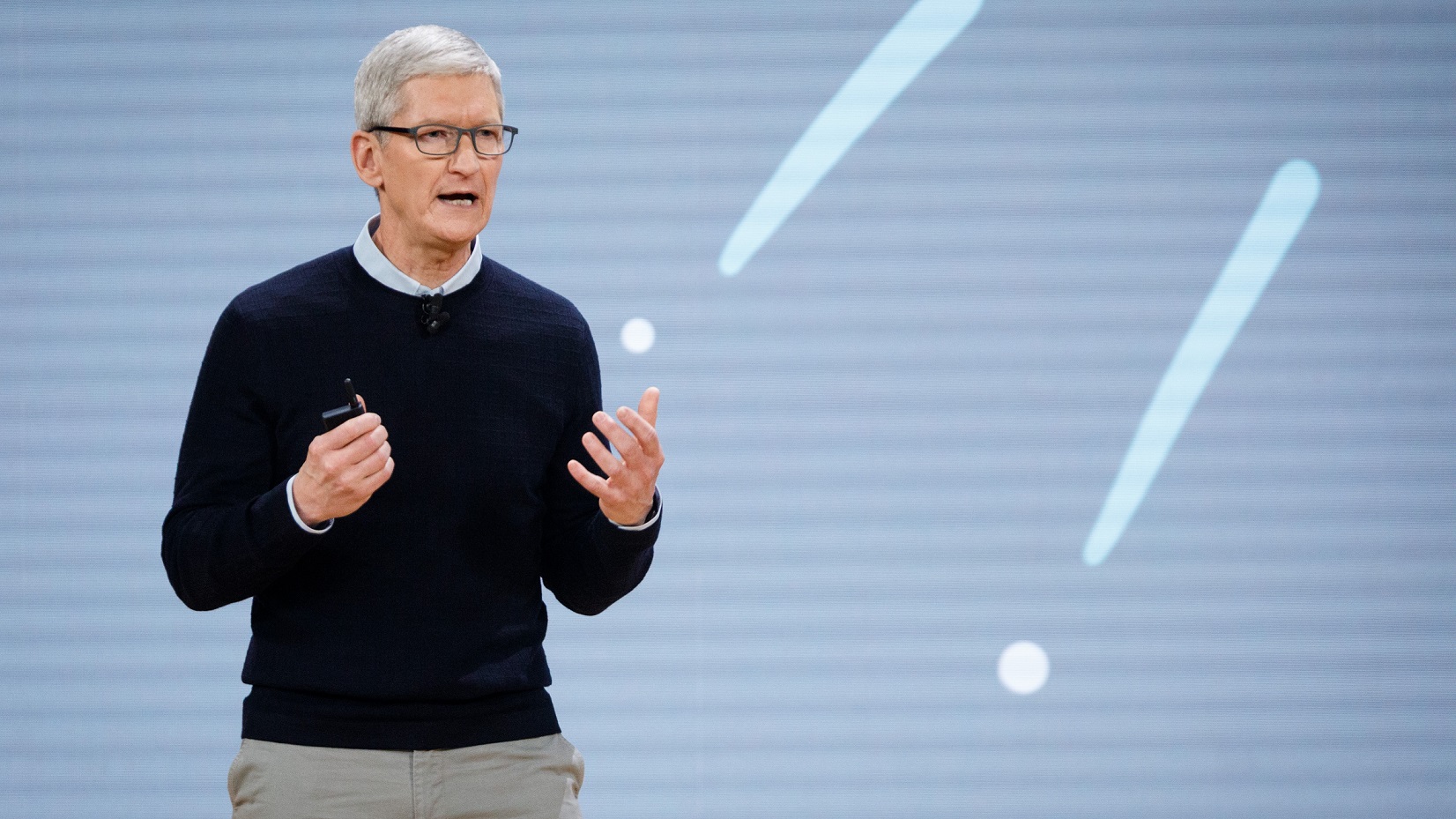Cyber Week gets underway
Australia’s Cyber Week has kicked off in Melbourne. Hosted by AustCyber, the event brings together key stakeholders in the Australian cyber security sector. As part of proceedings more than 100 students from the University of Melbourne were invited to meet with representatives from 28 businesses for a ‘speed networking for jobs’ event. “The cyber security sector is facing significant shortages, and we want to raise young people’s awareness and interest in a career in cyber security by exposing them Australian employers and providing opportunities for engagement,” said AustCyber CEO Michelle Price. Cyber Week runs from 30 July to 3 August.
New iPhone hints
Speculation about the next iPhone is mounting ahead of Apple’s annual September launch event. Rumour has it that, just like last year, the event will be used to introduce three new iPhones, as opposed to the ‘traditional’ two. Two of the anticipated new phones are expected to be premium versions of the iPhone X, one with a 5.8-inch screen and the other 6.5-inch (largest screen-size ever released by Apple for a phone.) The third is expected to be a “budget” model of the costly iPhone X, according to Techly. The budget device is still expected to sell at around the $1,300 mark and will come with full active LCD display technology.
Defence funding for cyber warfare
The Australian Defence Force is investing into cyber technology research. It is currently inviting research proposals from industry and university as it looks to enhance its cyber capabilities. Funding of up to $650,000 is available for projects via the Next Generation Technologies Fund. “The government encourages Australia’s scientists and researchers to contribute to the development of cyber capabilities, which is a priority for national security,” said Minister for Defence Industry Christopher Pyne. Proposals will initially be funded for 12 months with the option of future funding if projects are promised.
Blockchain solution for Chinese vaccine crisis
One Chinese internet user has come up with a novel solution to prevent state internet monitors from removing important information. After news broke that drug manufacturer Changchun Changsheng Biotechnology had been selling unsafe vaccines, the story quickly went viral on WeChat. But soon enough the government’s censorship team removed the story and all reposts. However, one creative citizen decided to purchase a very small amount of Ethereum and post the article as part of the transaction’s metadata. As Ethereum is a public ledger and decentralised, the story is now viewable to everyone and not able to be removed by the government.









